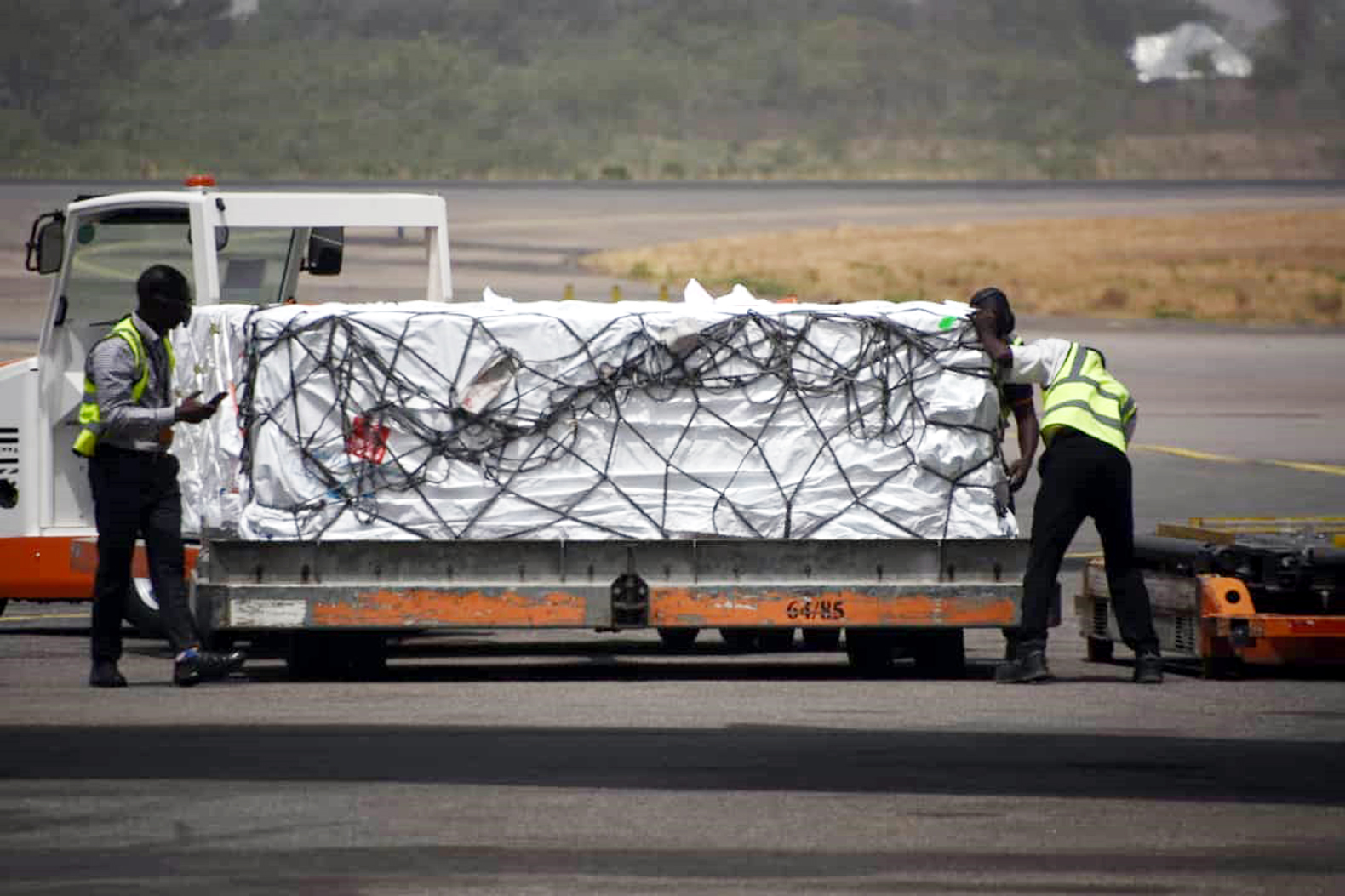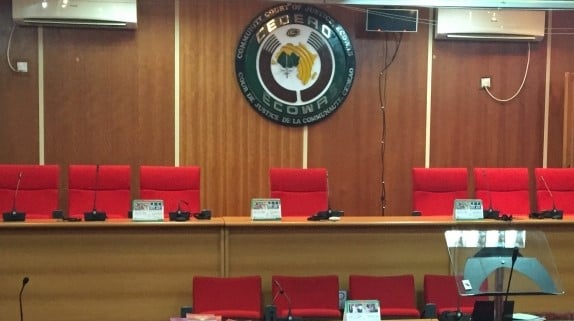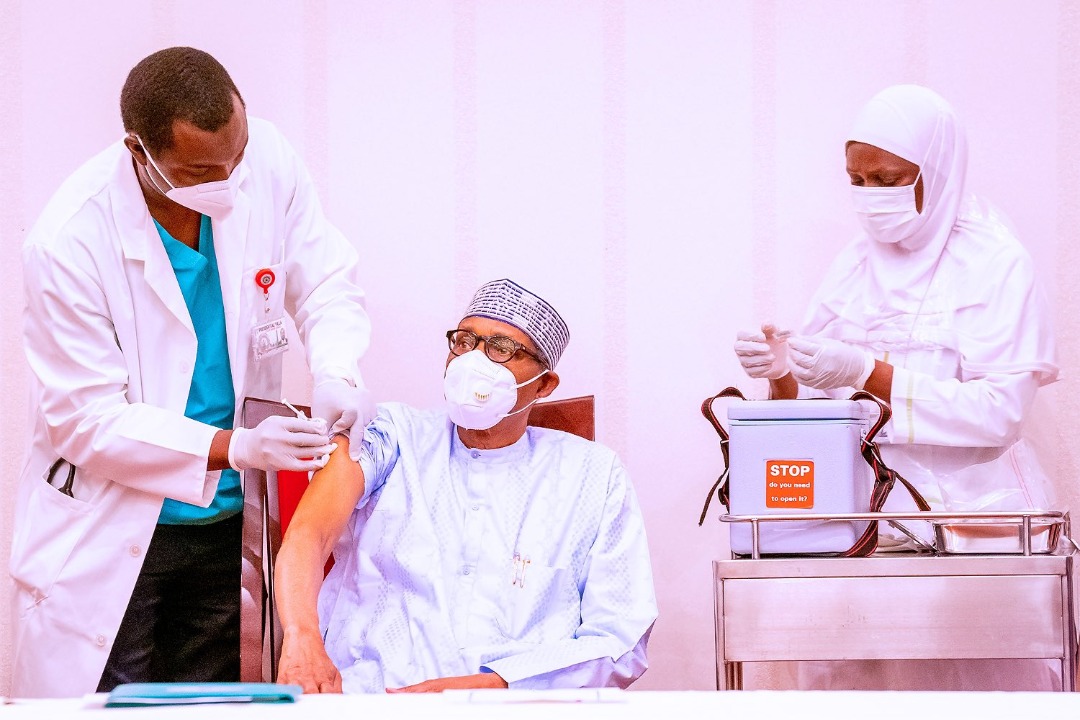Gani Adams
Gani Adams, Aare Onakakanfo of Yorubaland, has called on governors of south-west states to inject at least 15 percent of their annual budget into agriculture to forestall future food blockade.
Speaking on Friday against the backdrop of the recent food crisis in the region, Adams said such allocation would make a huge impact on sustainable food production in the region.
The Amalgamated Union of Food and Cattle Dealers of Nigeria (AUFCDN) had halted the movement of food supply to the south in protest of a number of issues, including attacks on their members.
The blockade had resulted in scarcity and an increase in the prices of food items in the south — while a supply glut crashed prices in the north.
Advertisement
The strike was later called off on Wednesday.
According to Adams, the south-west consumes more than N8 billion worth of food and dairy products.
He said the recent food crisis was a clarion call to the south-west stakeholders, including security groups to provide the necessary security for farmers in order to produce enough agricultural produce.
Advertisement
“Investment in agriculture will provide employment, enhance IGR, provide food security, reduce urban congestion, and enlarge the coast for participatory, modernised agriculture,” he said.
“It is the responsibility of all the south-west governors to swiftly respond and seek a better approach to enhance both small and large scale farming across the region.
“They should also strengthen the security architecture of the region.”
Yinka Odumakin, national publicity secretary of Afenifere, Yoruba sociopolitical group, also said the south-west region can conveniently feed itself without dependence on any other region.
Advertisement
Odumakin added that there was an urgent need to go back to farming in the southwest.
The Afenifere spokesman described the north’s blockade of foodstuffs to the south as a challenge to the region “which had made its IGR from agriculture before independence”.
Add a comment






